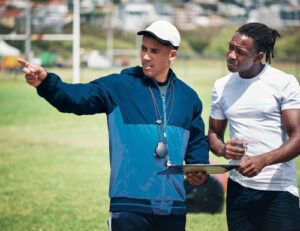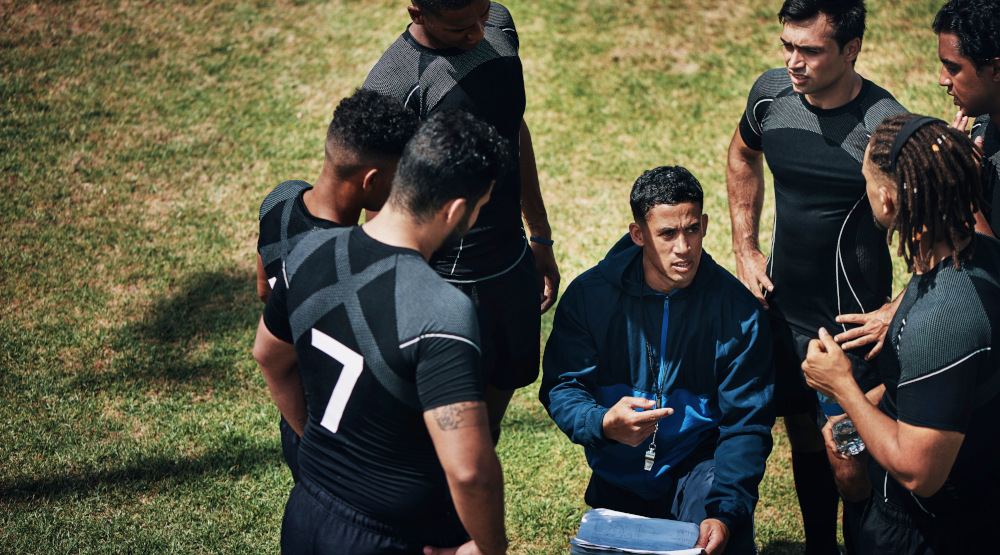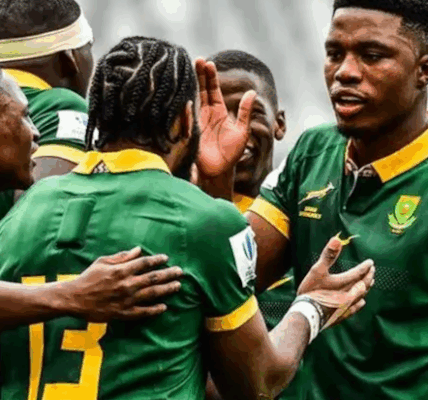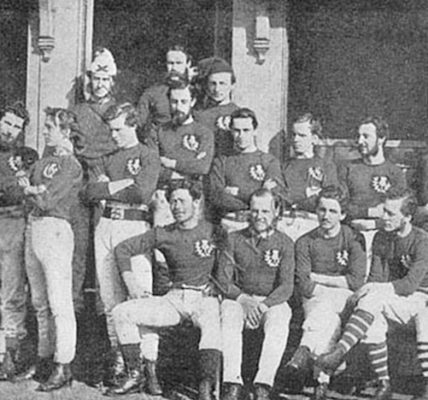Rugby in KwaZulu-Natal is often defined by its stars. The thunderous tries at Kings Park, the national call-ups, the crowd-favourite players who etch their names into Springbok folklore. But beneath this high-performance spectacle is a quieter, more enduring heartbeat of the game, an army of coaches, administrators, referees, medics, and volunteers who keep KZN rugby thriving from the grassroots up.
Their names rarely appear in headlines. Their victories are measured not in trophies, but in the transformation of lives, the survival of clubs, and the creation of opportunities where there once were none. They are the mentors, the fundraisers, the kit washers and whistle blowers. And without them, rugby in KwaZulu-Natal would simply not exist. As the province emerges from a period of intense challenge, floods, pandemic disruptions, and economic hardship, it is these unsung heroes who have ensured that clubs continue to train, schools keep fielding teams, and young players still believe they can dream through sport.
In towns and townships across KZN, volunteer coaches work with limited resources but unlimited passion. They shape raw enthusiasm into skill, turning kids with makeshift boots and taped-up balls into confident players capable of competing on any field. Their influence goes far beyond tactics and technique.
Take the story of Coach Thulani Mthembu in Inanda. Working out of a school with no formal rugby programme just five years ago, he began running after-school sessions using borrowed gear and second-hand cones. Today, his U17 side is unbeaten in regional competition, with three players invited to a Sharks development camp in Durban. But for Mthembu, the real win is off the field. “I’ve seen boys who were on the edge of dropping out now taking school seriously,” he says. “They come to practice on time. They look after their diet. They learn to lead.”
This type of mentorship is foundational to the sport’s social impact across KZN. Coaches act as father figures, life counsellors, and role models. They’re often the first to spot when a player is struggling at home or falling behind in school. And they don’t just care about results; they care about growth.
The Guardians of Fair Play
If coaches build players, referees uphold the game’s values. And in a province where club and school rugby are played with fierce intensity, match officials carry a heavy responsibility. From early-morning fixtures at Glenwood to late-afternoon kick-offs in rural Ladysmith, referees ensure that respect, safety, and structure remain intact.
KZN’s refereeing body is one of the most active in South Africa, and yet it remains almost entirely volunteer-driven. Veteran referees like James Ntuli, who has officiated over 300 matches, say the role goes far beyond rule enforcement. “Sometimes you’re the only adult figure present with authority,” Ntuli explains. “You have to manage aggression, calm nerves, and explain the laws in a way that teaches, not just punishes.”
It’s a role that requires fitness, mental sharpness, and thick skin, particularly as social media criticism becomes increasingly common. Yet week after week, they return to the touchlines, driven by love for the game and belief in what it can teach. Behind every fixture list, bus booking, fixture confirmation, and water bottle delivery is an administrator holding it all together. These are the logistics masters of KZN rugby, the people who ensure that a club with 40 juniors and three senior sides can run without falling into disarray.
In 2023, when the KZN floods damaged dozens of rugby grounds, club secretaries and union officials worked overtime to relocate matches, secure permits, and coordinate recovery funding. For many of them, this meant long hours, endless emails, and very little sleep, all unpaid. “It’s not glamorous,” says Linda Visagie, who’s served as club secretary at Empangeni RFC for nearly a decade. “But when those kids run onto the field with pride, it’s all worth it. We’re not building scoreboards, we’re building belonging.”
Without these individuals, the structure of regional leagues, school tournaments, and community festivals would simply collapse. Their contribution is invisible on game day but monumental in the grand scheme of rugby development.
Medics, Mentors, and Mothers: The Hidden Network
 Rugby is a physically demanding sport, and player welfare has become a central theme in the evolution of the game. In KZN, a network of volunteer medics, physios, and even school nurses help keep players safe and supported. At tournaments like the annual Kearsney Easter Festival, volunteer medical teams work from sunrise to sundown, treating sprains, monitoring concussions, and offering reassurance to parents and coaches alike. These teams are often drawn from local clinics, student programmes, or parents with first-aid training, and they’re indispensable.
Rugby is a physically demanding sport, and player welfare has become a central theme in the evolution of the game. In KZN, a network of volunteer medics, physios, and even school nurses help keep players safe and supported. At tournaments like the annual Kearsney Easter Festival, volunteer medical teams work from sunrise to sundown, treating sprains, monitoring concussions, and offering reassurance to parents and coaches alike. These teams are often drawn from local clinics, student programmes, or parents with first-aid training, and they’re indispensable.
Then there are the “rugby moms” and community aunties who prepare sandwiches, wash kits, drive players to training, and form the moral backbone of their teams. While their roles may not feature in coaching manuals or union newsletters, their love and labour form the true spirit of community rugby. Despite their central role, KZN’s rugby volunteers face serious challenges. Resources are scarce, particularly in rural areas. Burnout is common, as the same small group of people often carry multiple responsibilities. Recognition is rare, and financial compensation is virtually non-existent.
Moreover, the demands of professionalisation are creeping into amateur spaces. Volunteer coaches are expected to understand modern training science. Administrators must manage digital systems and social media. Referees face increasing scrutiny. Without proper support and training, the passion that drives these heroes can begin to erode.
Organisations like the KZN Rugby Union have acknowledged this gap and are working to provide more structured support. New coaching clinics, refereeing courses, and online administrative tools are being rolled out. But more needs to be done, especially in the form of funding, mentorship, and public recognition.
Why Their Story Matters
In a world obsessed with elite performance and international glory, it’s easy to forget where it all begins. The Sharks’ next flyhalf doesn’t just appear out of nowhere. She is nurtured by a community coach. He is refereed by a volunteer with a day job. They are supported by parents and physios and club administrators who believe in rugby’s power to shape character.
These unsung heroes may never hold a trophy or lift a national cap, but they build the scaffolding on which every rugby dream rests. Their story is the story of the game’s foundation, and in KwaZulu-Natal, that foundation is built on selflessness, service, and soul.
As rugby looks to the future, investing in these people will be just as important as investing in players. Because when the spotlight fades and the stadium quiets, it is the volunteers who remain, keeping the spirit of rugby alive.




